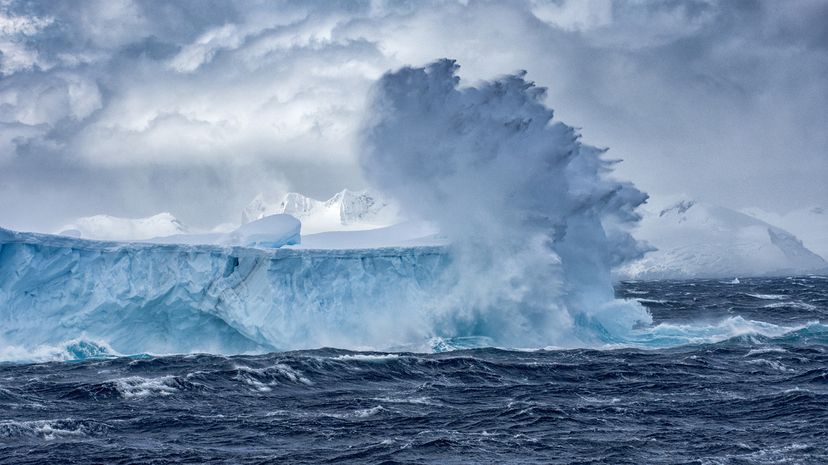
Of the vast ocean that covers 71 percent of the planet, there are five distinct regions — Atlantic, Pacific, Indian, Arctic and Southern. Schoolchildren memorize their names, sailors navigate them and some of the most biologically diverse species in the world inhabit the oceans [source: NOAA].
But could Earth ever develop a new ocean? It seems unlikely, given the monopoly existing ocean regions have had on the liquid portion of our planet's surface for about 4 million years. Yet, surprisingly, the formation of this new ocean is already underway, though it'll take place in the distant future.
Advertisement